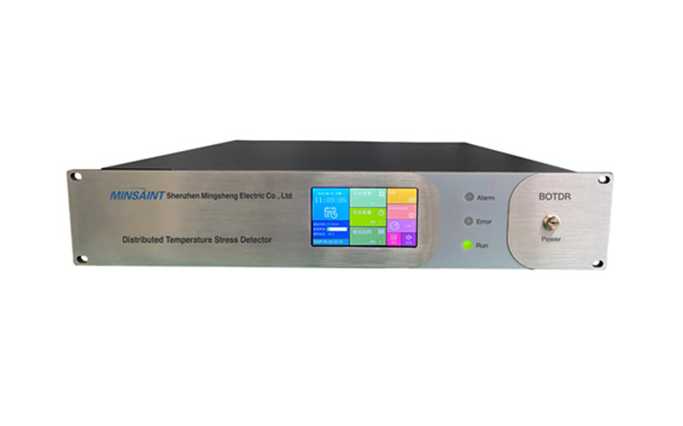In today's fast-paced world, maintaining an organized and clutter-free living space is essential for a peaceful and productive lifestyle. Whether you are a busy professional, a stay-at-home parent, or a student, having a well-organized house can significantly reduce stress and improve overall well-being. In this comprehensive guide, we will explore practical and effective strategies to help you organize your home efficiently.
- Assess and Declutter:
The first step in organizing your house is to assess the current state of each room and identify areas that require decluttering. Start by categorizing your belongings into three groups: keep, donate/sell, and discard. Be ruthless in your decision-making process and let go of items that no longer serve a purpose or bring you joy. Remember, less clutter means less time spent cleaning and searching for things. - Develop a System:
Creating a systematic approach to organizing your home is crucial for long-term success. Consider implementing the following strategies:
a. Categorize and Label: Group similar items together and label storage containers, shelves, and drawers. This will make it easier to find and return items to their designated places.
b. Utilize Storage Solutions: Invest in practical storage solutions such as bins, baskets, drawer dividers, and shelving units. Maximize vertical space and utilize underutilized areas like the back of doors or under beds.
c. Create Zones: Assign specific purposes to different areas of your home. For example, designate a study zone, a relaxation zone, and a play zone for children. This will help maintain order and prevent items from being scattered throughout the house.
- Streamline Daily Routines:
Efficiently organizing your home goes beyond decluttering and storage solutions. It also involves streamlining your daily routines to save time and energy. Consider the following tips:
a. Establish a Cleaning Schedule: Create a weekly cleaning schedule to ensure all areas of your home receive regular attention. Delegate tasks among family members or consider hiring professional help if needed.
b. Implement a Paper Management System: Paper clutter can quickly accumulate and create chaos. Set up a system for managing bills, documents, and mail. Digitize important papers whenever possible to reduce physical clutter.
c. Adopt Minimalist Habits: Embrace a minimalist mindset by regularly evaluating your purchases and avoiding unnecessary acquisitions. Focus on quality over quantity and prioritize experiences over material possessions.
- Maintain and Adapt:
Organizing your home is an ongoing process that requires regular maintenance and adaptation. Here are some tips to help you stay organized in the long run:
a. Regular Decluttering Sessions: Schedule regular decluttering sessions to prevent clutter from accumulating again. Set aside dedicated time every few months to reassess your belongings and let go of items that no longer serve a purpose.
b. Flexibility and Adjustments: As your lifestyle evolves, your organization needs may change. Be open to adjusting your systems and storage solutions accordingly. Regularly evaluate the effectiveness of your organization methods and make necessary modifications.
c. Involve the Whole Family: Organizing your home should be a collective effort. Involve your family members in the process, assign age-appropriate tasks to children, and encourage everyone to maintain the organization systems in place.
Conclusion:
Efficiently organizing your home is a transformative process that can enhance your daily life in numerous ways. By following the strategies outlined in this guide, you can create a harmonious living environment that promotes productivity, reduces stress, and allows you to fully enjoy your space. Remember, organizing is not a one-time task but an ongoing commitment to maintaining order and simplicity in your home. Start today and experience the benefits of a well-organized house.




